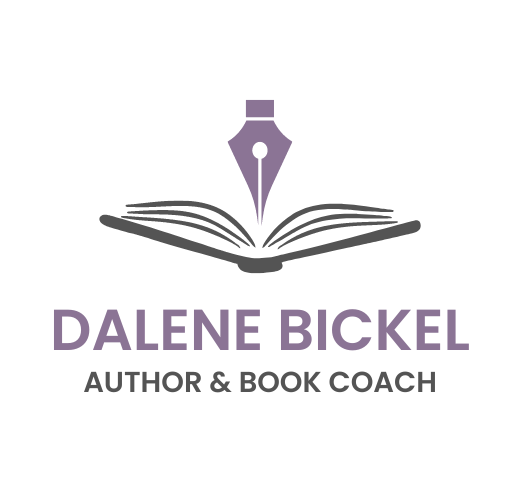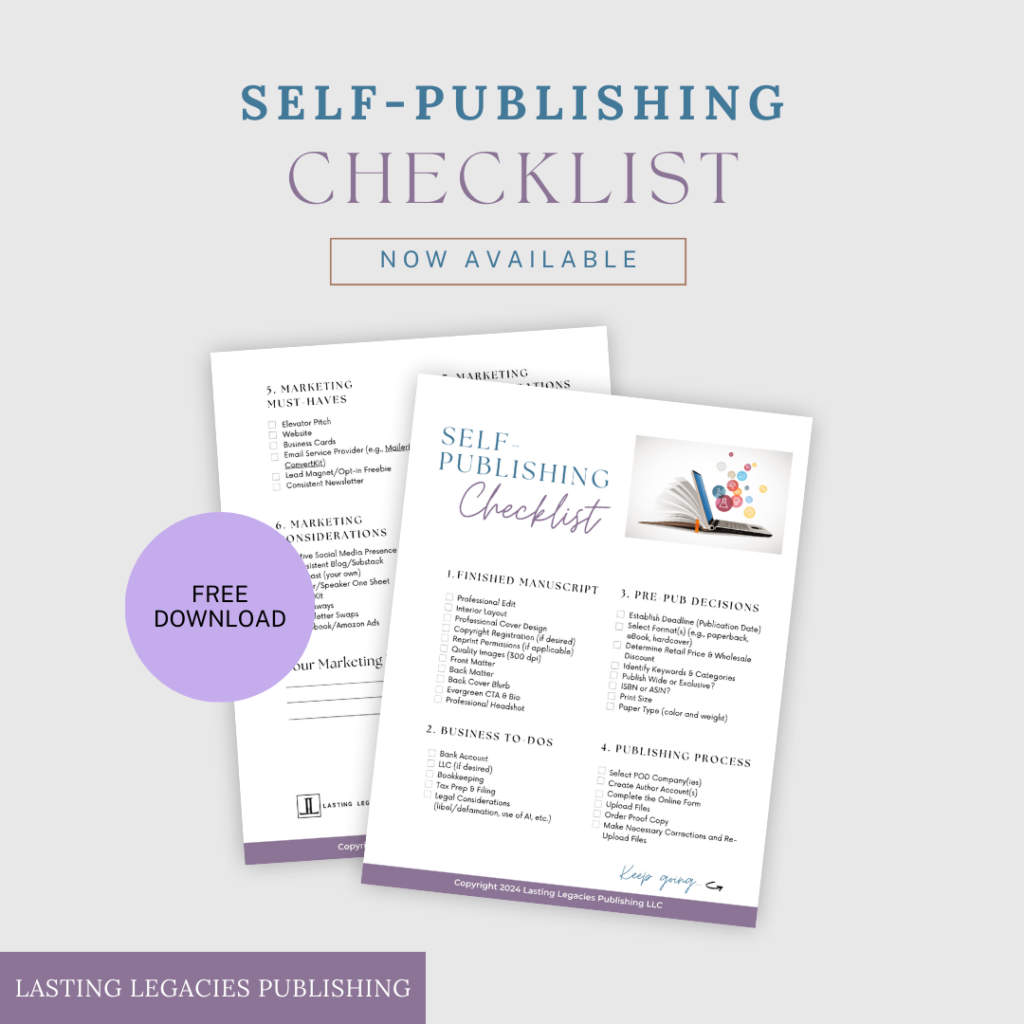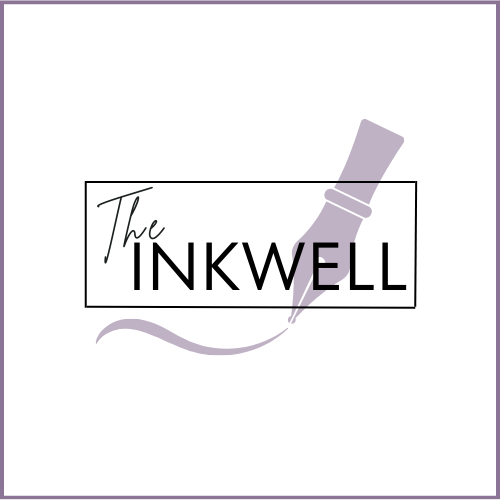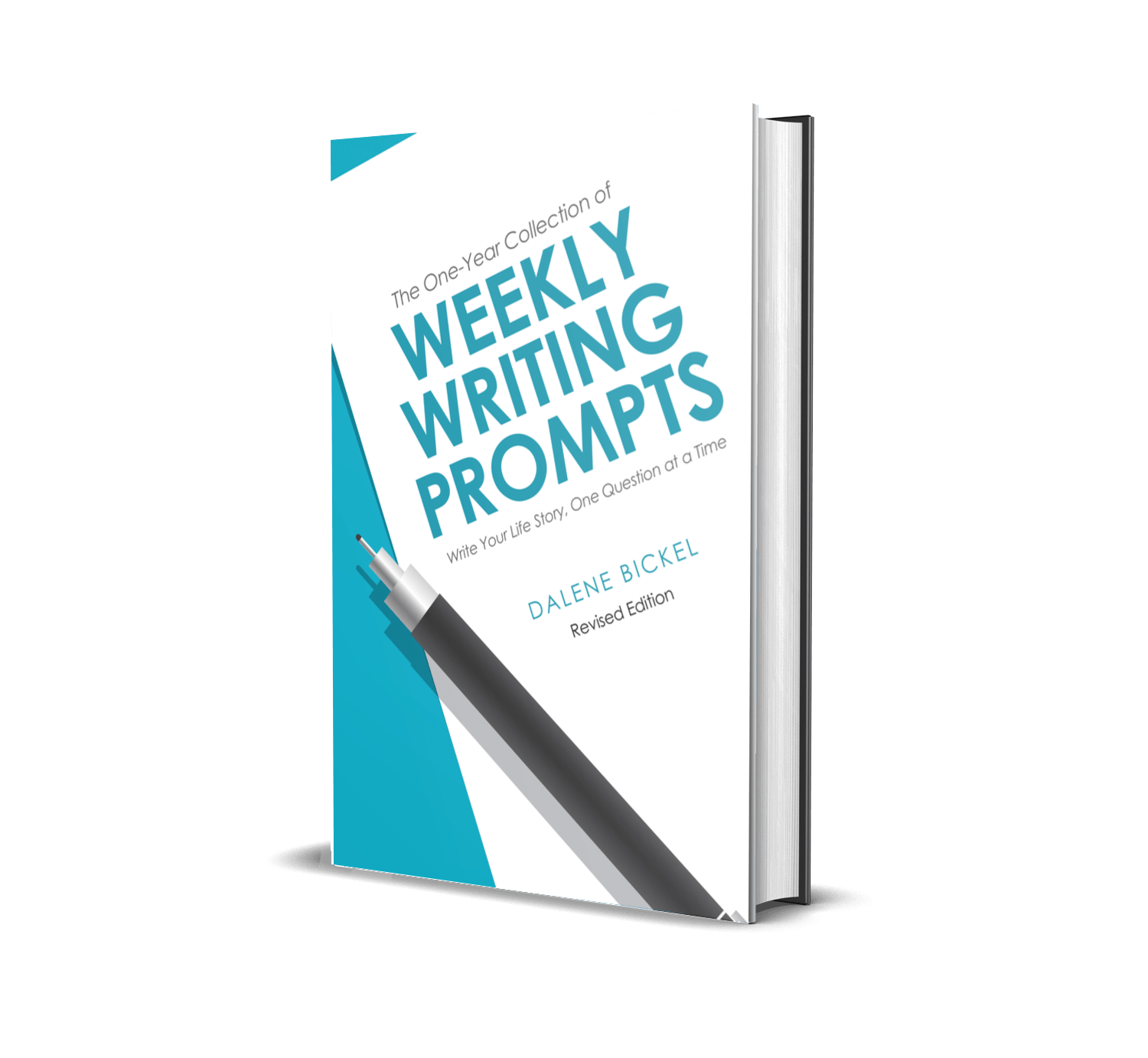Welcome to Ink and Impact!
As writers, regardless of how many books we may have already written, we routinely struggle with two things: confidence and productivity.
If we’re first starting out as an aspiring author, we doubt our writing ability in general.
If we’ve already written several books, we wonder if we have what it takes to write another. Or maybe we feel like we have imposter syndrome – we’ve written books but we don’t feel like an accomplished author.
And then if we’re writers who have reached bestseller status, we worry that our next book won’t be as widely received.
Thus, doubt, questions, and worry often follow us throughout our author journey.
Can you relate?
If so, this is what you need to focus on first:
#1 Manage Your Mindset
This is critical.
If you don’t tackle this first, then you’ll have a much harder time becoming productive and writing well.
As writers, we’re excited by the thought of turning our stories, experiences, and ideas into a book. Yet we often feel a bit intimidated as well, struggling with self-doubts and insecurities:
But you know what, fellow pen pusher?
It’s time to flip that script and stand on truth!
It’s not about you and your abilities; it’s about God and His abilities. It’s not about what you can do but about what God can do through you.
You’re abundantly qualified to write your story because you were hand-picked by God to tell it.
Oswald Chambers in his book My Utmost for His Highest says, “You say – But God can never have called me to this, I am too unworthy, it can’t mean me. It does mean you, and the weaker and feebler you are, the better.”
Indeed, the Bible confirms this:
-
- God chose Moses, a less-than captivating orator, to lead His people.
- God chose David, a shepherd boy, to rule over His people.
- God chose Esther, an unknown Jewish girl, to save His people.
- God chose Paul, a man who once persecuted God’s people, to help build His church.
On the flip side, know that while I encourage you to become a confident writer, I don’t encourage you to become a prideful writer.
Pride is the over-inflated belief in your own abilities and what you can achieve on your own.
Confidence is resting in God’s guidance and the ability of Christ to work through you as you actively pursue a goal.
#2 Create Boundaries
While the flexibility the writing life affords is a blessing, it can also be abused if you don’t create healthy boundaries.
The writing life often means writing at home. This leads to family members and friends thinking that because you’re home, you’re available 24/7 to talk, play, or assist. This is particularly true if you have young children – or older ones during their summer vacations.
- Develop a writing schedule and post it prominently where the entire family can see it. The fridge is an excellent choice.
- Tell your family and friends that unless it’s an emergency, you are not to be disturbed during those times. This includes your neighbor who likes to drop in unexpectedly and your mother who likes to call at random times throughout the day.
- Create a budget and refer to it regularly. There are tons of products and services targeted to writers. Many of them are useful and nice to have, but you don’t necessarily need them.
Always take into consideration the expenses you know you HAVE to cover down the road, such as:
-
- editing, design, & printing (if self-publishing);
- marketing (website creation and maintenance, email hosting, ads, etc.); and
- miscellaneous business-related expenses (including income taxes).
While Kingdom work is always worth your time and financial investment, it should never come at the expense of your family relationships or cause you to go into debt to fund your book project.
#3 Establish Systems
This may sound more like a suggestion for IT personnel than writers, but systems are equally important to authors.
Systems are simply the processes you use to accomplish tasks; the step-by-step directions you take to do such things as:
-
- send your weekly or monthly newsletter,
- distribute your opt-in offers (such as free short stories or first chapters),
- create new blog posts,
- run an ad,
- work with a designer,
- record a reel on Instagram,
- create a book proposal, and more.
Without systems in place, you’re constantly having to start from scratch and research how to do these things. It wastes time, causes frustration, and keeps you from your main purpose, which is writing.
How do you establish systems? Simply take a few moments to document your steps the first time you do something and store those instructions in a place that you’ll know where to find them later.
It can be as simple as jotting them down in a designated notebook, printing them out and storing them in a designated folder, or storing them on your computer.
Or you can use workflow and productivity apps like Trello, ClickUp, or Asana to help you.
#4 Set Realistic Expectations
There are some authors out there who promote writing a complete book in a week or a month. While it’s true – and they have the proof that they’ve done it – that doesn’t mean that it’s realistic for you.
- Everyone writes at different speeds.
- Everyone comes to their manuscript with different amounts of experience not only regarding the craft of writing, but also the subject matter. For example, some writers may have firsthand experience that allows them to write immediately about a topic whereas others have to conduct research for weeks and months before they can knowledgeably write about it.
- Everyone has different homelife and career responsibilities. A single person who is a full-time author will have more time to write than a married mom with three kids who works full time as a banker.
In addition, don’t expect that your first book will become a NY Times bestseller, that you’ll become a millionaire as an author, or that you can lay around a pool all day while your book sells itself.
No.
Writing a book takes time and work. Few authors become rich and famous. And selling that book requires you to do the marketing. This is true regardless of whether you’re self-publishing or traditionally publishing.
Be sure to set realistic expectations and remember why you’re writing in the first place – to share that message God has given you. One that will benefit your readers and glorify Him.
#5 Try New Things
Have your creative juices stopped flowing? Is your interest in writing waning?
We’re creatures of habit and it’s easy for us to get into a rut. That’s when the mundane takes over and we begin to just plod along. If left unchecked, we might eventually want to stop altogether.
If that describes you right now, I encourage you to switch things up!
- If you always write at the same table or desk, move to a different room.
- Tired of writing at home? Take your notebook and laptop to a coffee shop, library, or even just the backyard.
- Bored with what you’re writing? Put it aside temporarily and write a piece of flash fiction, create a blog post, craft a poem, or pen a prayer.
- Frustrated by your current lack of creativity? Try doing something new! Get moving and try a new experience. Whether it’s some sort of physical activity or visiting a new place, it will get your neural pathways pumping and provide more fodder for your writing sessions.
In summary, becoming a more confident and productive writer involves:
- managing your mindset,
- creating boundaries,
- establishing systems,
- setting realistic expectations, and
- trying new things.
Remember, when you invite God into every stage of your writing journey, you can’t fail. He will help you write it and He will enable your book to reach the right readers.
Industry News
As I’ve mentioned previously, I created the Ink and Impact podcast to encourage, equip, and embolden Christian writers.
If there’s ever a time that we need to boldly share our messages of truth, hope, and light, it’s now.
Consider these two facts I discovered this week:
According to a recent Gallup poll, “A record-low 20% of Americans now say the Bible is the literal word of God.” 49% consider the Bible to be inspired by God, but not to be taken literally.
Rush to Press recently shared that “In 2022 Amazon removed a Christian publisher’s entire Amazon store (Church and Family Life), claiming they ‘have published books with misleading content that have the potential to mislead or defraud our customers.’” In part because this and other acts of cancel culture, a new digital platform is about to be released: “CrossCurrent Digital is a Christian, conservative, family-friendly digital platform that will provide consumers with the option to purchase their eBooks, audiobooks, and digital content from a company that shares and protects content with a biblical worldview.”
While the formation of this new company is encouraging, it doesn’t mean that we authors can rest on our laurels. We need to overcome our fears, complete our books, and market them to our audiences.
If fewer people are relying on the Bible for truth, then I believe that means that more people are turning to other books to seek answers to their questions and to escape the pressures of their realities.
Our calling is clear.
Whether we’re writing nonfiction or fiction, we need to share biblical truth that points people to Jesus…and back to the Word of God.
Next Week’s Episode
Are you struggling with fear or imposter’s syndrome? Are you afraid to tell anyone that you’d like to write a book?
Next week’s episode will feature an interview with author Laura Thomas, who kept her desire to become an author a secret for 25 years. Join us as she shares how she overcame her fear and what happened when she released it.
Be sure to visit inkandimpact.com to subscribe to be notified when the episode airs and to access all previous episodes of the podcast, including show notes.
Listener Opportunities
Freebie time! Who doesn’t love to receive free gifts?!
I have two to offer you this week:
- Grab my .pdf resource, the 10-Step Author Blueprint
- Sign-up to be the one of the first people to receive Made to Fly. It’s my free, WWII-era, Christian historical-fiction short story, which will be available in early August. Simply click the link to be added to the notification list!
July’s Question of the Month
What is one thing you wish you had done differently when you wrote and published your first book?
To respond, simply email me at info@inkandimpact.com.
That’s it for today, fellow pen-pusher!
Be sure to SUBSCRIBE BELOW to be notified when the next episode drops, view full show notes with links, and listen to past episodes.
If you’re already a subscriber, THANK YOU!
Please do me a favor, if you would, and RECOMMEND THIS PODCAST to your writing friends. Simple word of mouth is all I’m asking for and it would really help me, so I appreciate that.
Remember: Don’t just write a book. Make an impact!






